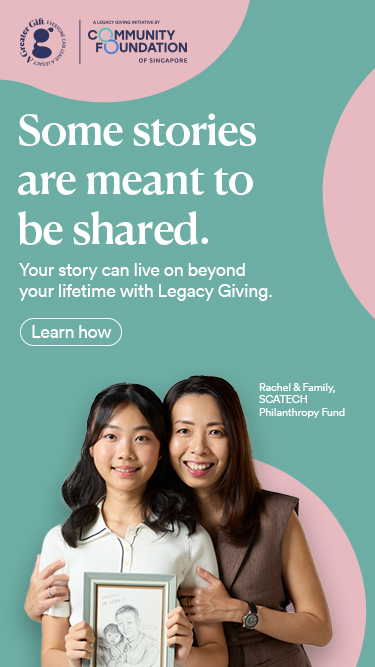The Business Times: EDIS manages CSR like a business


For many, CSR (corporate social responsibility) has been an extracurricular activity, almost cosmetic in the way it sits outside the realm of real business. However, companies such as Economic Development Innovations Singapore (EDIS) are exceptions, given the way it manages its business – which is collaborative, sustained and in-depth.
EDIS is an international economic development company which undertakes the development and management of integrated industrial and urban areas.
Leveraging on its experience in Singapore, EDIS provides strategic advice to other countries. Innate to its business is the need for a long-term, strategic view, flexibility, and a nimble attitude, which it applies to CSR. Read more.
For many, CSR (corporate social responsibility) has been an extracurricular activity, almost cosmetic in the way it sits outside the realm of real business. However, companies such as Economic Development Innovations Singapore (EDIS) are exceptions, given the way it manages its business – which is collaborative, sustained and in-depth.
EDIS is an international economic development company which undertakes the development and management of integrated industrial and urban areas.
Leveraging on its experience in Singapore, EDIS provides strategic advice to other countries. Innate to its business is the need for a long-term, strategic view, flexibility, and a nimble attitude, which it applies to CSR. Read more.
- Related Topics For You: DONOR STORIES, NEWS

.jpg)

